The aphorism "The poor are always with us" dates back to the New Testament, but while the phrase is still sadly apt in the 21st century, few seem to be able to explain why poverty is so widespread. Activist filmmaker Philippe Diaz examines the history and impact of economic inequality in the third world in the documentary The End of Poverty?, and makes the compelling argument that it's not an accident or simple bad luck that has created a growing underclass around the world.
Diaz traces the growth of global poverty back to colonization in the 15th century, and features interviews with a number of economists, sociologists, and historians who explain how poverty is the clear consequence of free-market economic policies that allow powerful nations to exploit poorer countries for their assets and keep money in the hands of the wealthy rather than distributing it more equitably to the people who have helped them gain their fortunes.
Diaz also explores how wealthy nations (especially the United States) seize a disproportionate share of the world's natural resources, and how this imbalance is having a dire impact on the environment as well as the economy. The End of Poverty? was an official selection at the 2008 Cannes Film Festival. >click to watch<
Subscribe to:
Post Comments (Atom)



































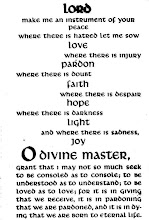


























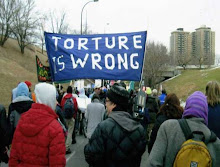





















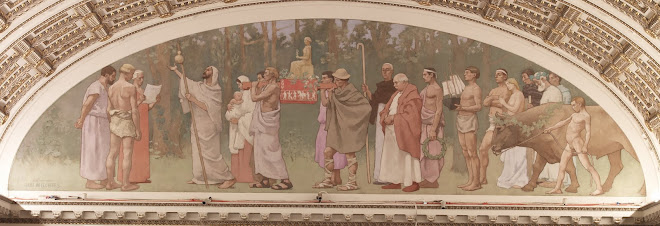























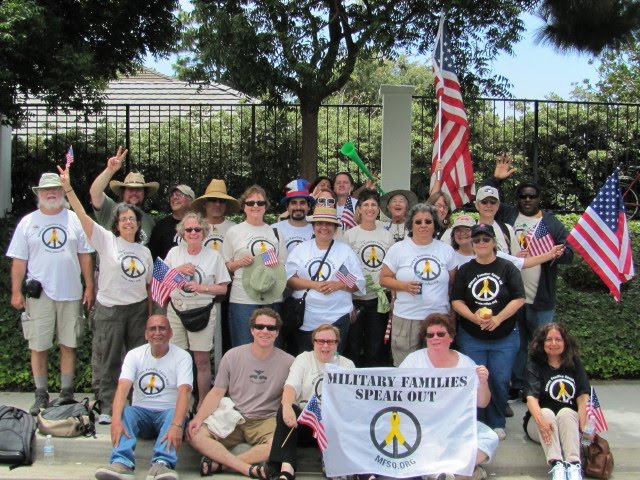















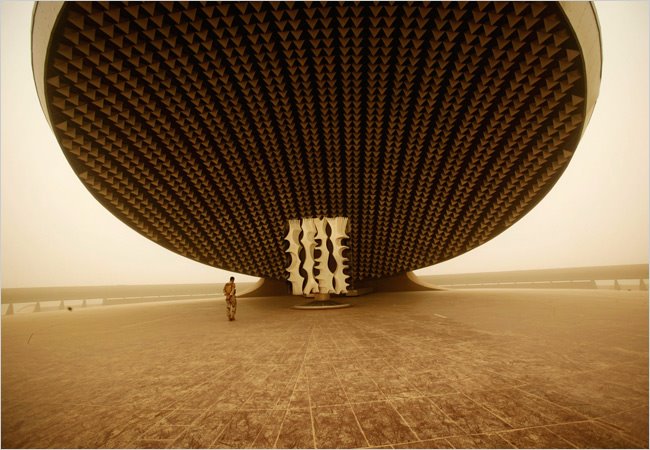
No comments:
Post a Comment